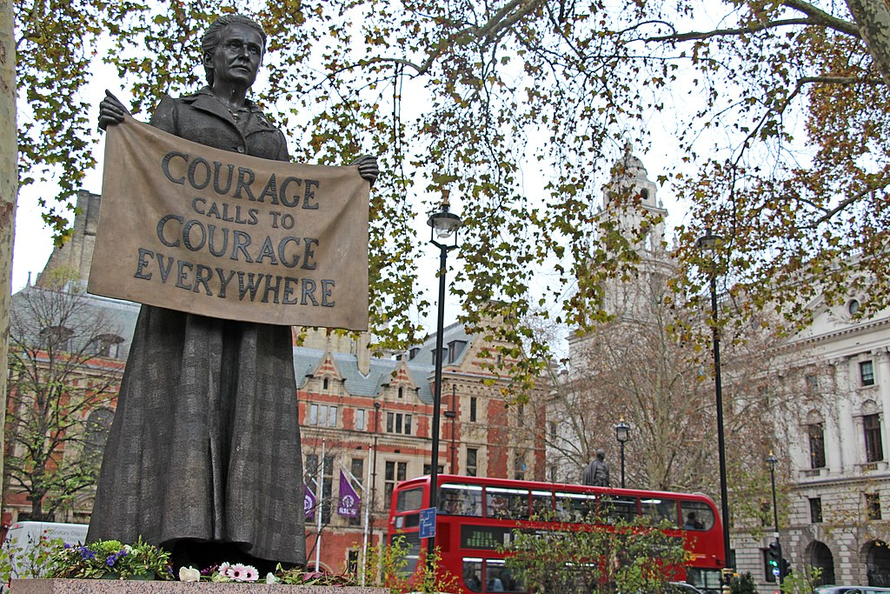Case Study: Fawcett Society

Democracy Club’s election candidate data allows the Fawcett Society to produce hard-hitting research on gender inequalities in British politics.
“We are immensely grateful for this collaboration with Democracy Club in the lead up to the 2021 local elections. Understanding the gender breakdown of election candidates is an essential task. Democracy Club’s comprehensive and high quality data allowed us to shine a national spotlight on the glaring gender disparity in local government. What’s more, this information helped us to highlight the need for political parties to routinely monitor and report on diversity, under Section 106 of the Equality Act. Collaborating with Democracy Club has been invaluable to our work at Fawcett.”
The Fawcett Society
The challenge
The Fawcett Society is the leading non-partisan organisation campaigning for women’s rights and equality in the UK. The Society tracks women’s participation in UK politics, and is particularly interested in the gender ratio of UK election candidates. In 2021, the Society wanted to understand the gender makeup of election candidates in the local elections which took place in the immediate aftermath of the national Coronavirus lockdown.
However, the Society lacked the capacity to produce this data within a timeframe that would allow them to publish a press release before the election. Candidate lists for UK local elections (usually 20,000+ individual candidates) are published separately across hundreds of different local authority websites. The media window for this work is very tight: there are only three weeks between publication of candidate lists and the election itself.
The solution
In order to run our voter information tools, we need to rapidly collect candidate information. We do this using a combination of automation and volunteer crowdsourcing, using a quality control system which means we do not compromise on accuracy. By attaching candidates to specific elections, our data model also accounts for geography, election type and other factors, allowing for a high level of granularity in analysis.
Thanks to our volunteers, some candidates already had a gender assigned in our data. For the rest, we worked with the Fawcett Society to run our dataset through a program which assigned a gender based on their name (excluding a small number of gender-neutral names). This data was then spot-checked for accuracy. At the society’s request, we were able to provide headline figures for all candidates, as well as by political party and geography. We could even provide a list of most common candidate first names!
The result
Using this method, our highly detailed dataset was ready within a week of the candidate lists being published. This gave the Society’s communications team plenty of time to analyse the numbers, pick the key stories, and contact interested journalists.
The resulting press release achieved attention from over a dozen national and local newspapers, including The Guardian, Independent and Daily Telegraph. It also informed the Society’s call for political parties to publish diversity data in their biennial Sex and Power Index.